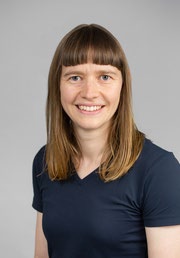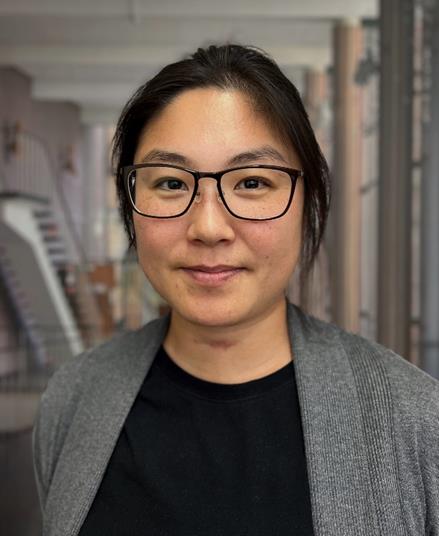2023 Selby Research Awards
-
The Selby Research Awards are granted annually by both the The University of Melbourne and The University of Sydney. The award is to assist an outstanding academic establish his or her research career. The Foundation congratulates:
-
Dr Charlotte Petersen
School of Chemistry
University of Melbourne
Awarded on 03/05/2023Research project title: Breaking the second law of thermodynamics with thermal fluctuations
This project aims to develop new statistical mechanical relationships that can be readily applied to experiments in the future. Predicting the behaviour of nanoscale technologies is challenging because they can be strongly affected by thermal fluctuations. Well-established thermodynamic relationships break down at small scales. For example, new miniaturised technologies, such as nanobatteries and molecular machines, are outside the scope of conventional thermodynamics.
It has been known since the time of Maxwell that the second law of thermodynamics is being continuously violated by small systems over short timescales. Quantifying these second law violations is essential for understanding new miniaturised technology, and to make rational design possible. For example, if we make a molecular motor, it is vital to know the chance that it will run backwards, converting heat into fuel, instead of using fuel to do work, as we would expect.
Thermodynamics provides no insight into this problem, leaving a gap in our fundamental knowledge. The recent fluctuation theorem has made progress on closing this knowledge gap, but it is challenging to apply experimentally. By studying a new material designed for easy observation of thermal fluctuations, artificial spin ice, I aim to link the predictions of theory to measurable quantities.
The insights gained from this project will be a key step in the development of new theories able to predict the behaviour of advanced miniature technologies. This should provide significant benefits such as an enhanced ability to rationally design nanotechnology including nanobatteries.
This work could not be more timely. The recent invention of an electric molecular motor will drive innovation in nanotechnology, and robust theory to understand these nonequilibrium devices, including the results of this project, will be essential for effective design.
The advances achieved in this project could also have longer-term benefit in fundamental biological research where there is still much to be understood about the complex and highly efficient microscopic processes that underpin living systems. For example, it is possible that advances in applying fluctuation theorems will reveal the mechanism of neurological diseases such as Alzheimer's, which is related to a defect in biological molecular motors.
Therefore, a future benefit of this project could be improving the health of Australians.
Back to Top -
Dr Kaye Minkyung Kang
School of Chemistry
University of Sydney
Awarded on 28/03/2024Dr Kaye Minkyung Kangcompleted her PhD at theUniversity of Warwick (UK) in2018. She worked as a researchfellow at Imperial College London(2017-2018) and the University ofWarwick (2018-2020; LeverhulmeEarly Career Fellowship) beforejoining Deakin University in 2020.In 2023, she has joined the Schoolof Chemistry at the University ofSydney as a lecturer/ARC DECRAfellow. Her research focus centresaround electrochemistry, and she iscurrently working on developing aunique electrochemical imagingtechnology to aid in the rationaldesign of efficient energyconversion/storage materials.
Project synopsis
My primary research focus is enhancing the efficiency and stability ofnanocatalysts, particularly in addressing the challenge of hydrogen bubbleformation that hinders energy production efficiency. Through noveloperando and in situ imaging techniques at the nanoscale, I aim to facilitaterational materials design and completely bypass the complexities of bubbleformation. This project is driven by the social impact of this project, as itseeks to revolutionise hydrogen production, maximise efficiency, andcontribute to a sustainable energy future. Establishing a three-dimensional(structure-function-time) database will serve as a groundbreaking platformfor rational nanomaterial design, paving the way for a more effective andenvironmentally friendly energy landscape.
Thank You
I am deeply honoured to receive the Selby Research Award, especially atthis crucial stage of my career. This award not only provides crucialfinancial support but also serves as a significant milestone in my journey asa researcher. It will greatly assist me in expanding and advancing myresearch in this area, enabling me to explore innovative ideas andcontribute meaningfully to the field. I am immensely grateful to theFoundation and Mr. Selby for their commitment to promoting scientificresearch and innovation, as this award will play a crucial role in nurturingand growing my research endeavours in this field.
Back to Top



